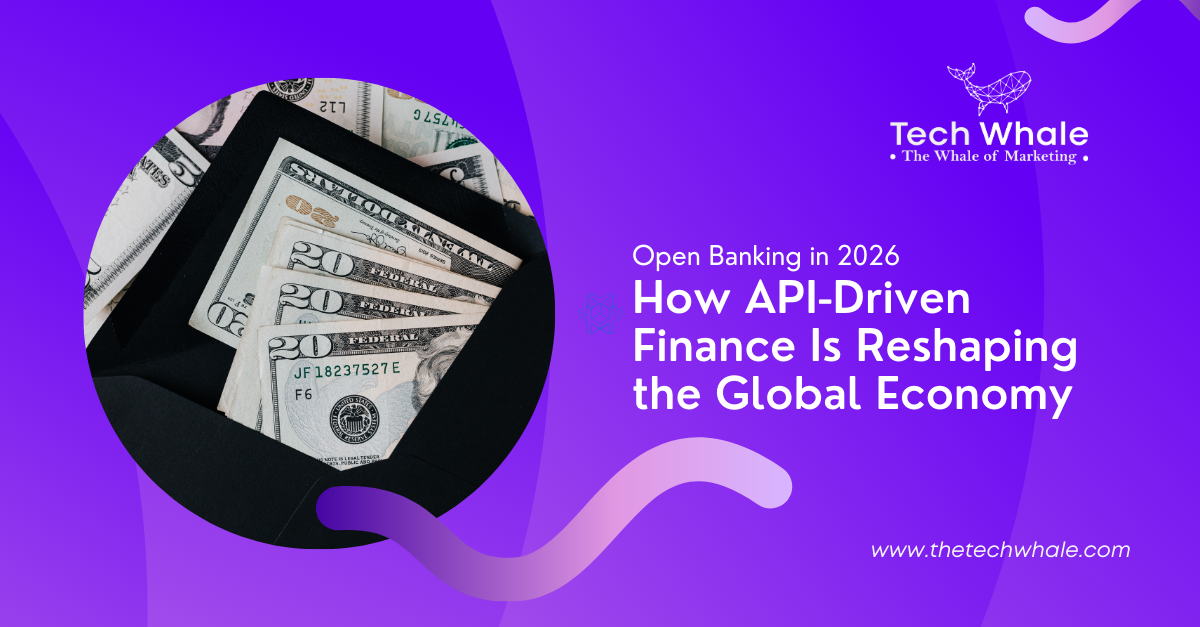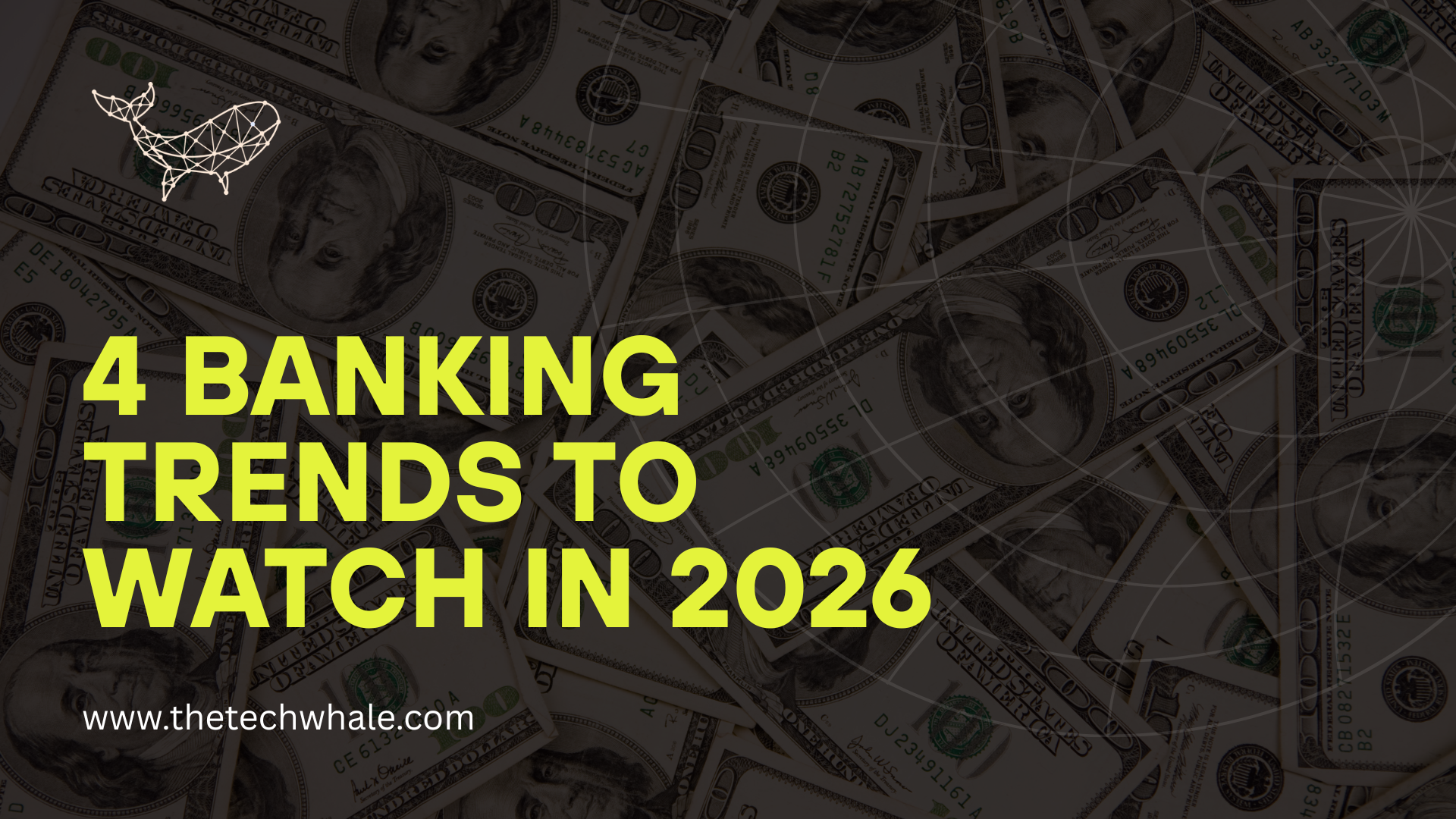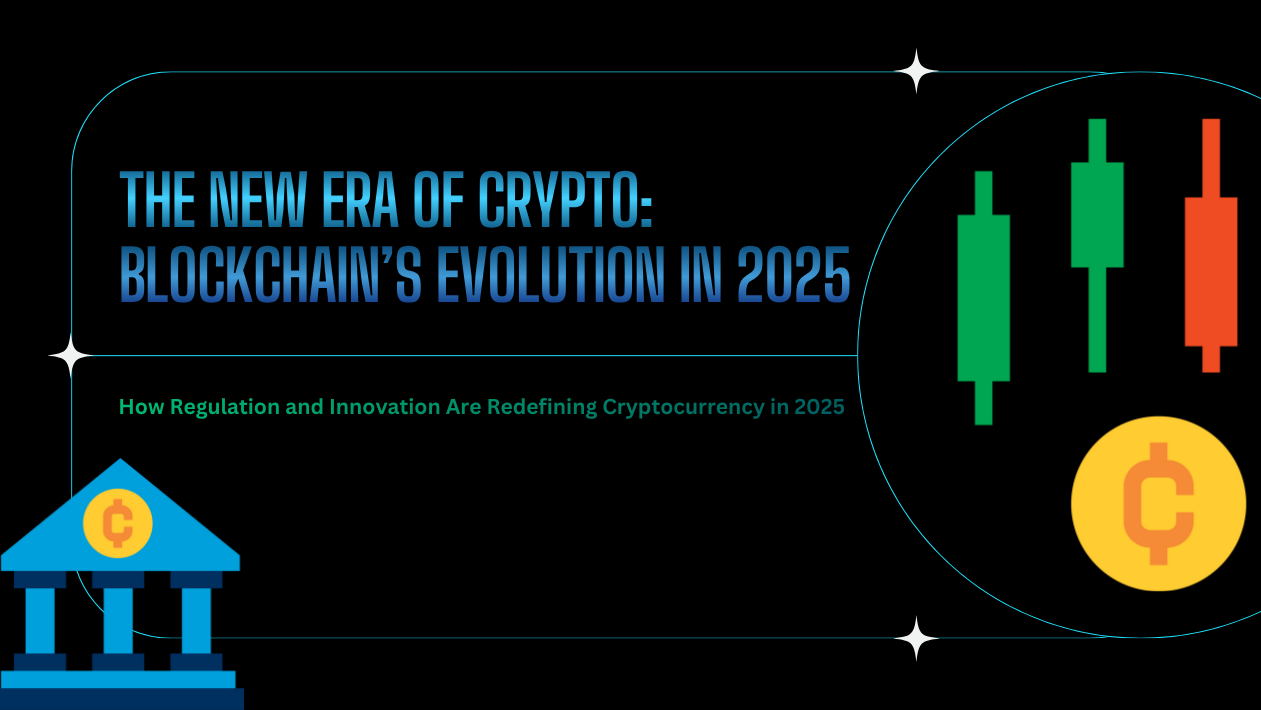The blockchain and cryptocurrency landscape in 2025 is evolving at record speed. What began as a decentralized alternative to traditional finance has now become a critical part of the global financial infrastructure, driven by regulatory clarity, real-world asset (RWA) tokenization, and mainstream institutional integration.
Global Regulations Bring Stability to Crypto Markets
After years of volatility and uncertainty, 2025 is the year crypto regulation takes root. The U.S., EU, and major Asian economies have rolled out comprehensive crypto legislation covering everything from stablecoin issuance to anti-money laundering (AML) and decentralized finance (DeFi) governance.
This regulatory clarity has led to a surge in institutional participation, with asset managers, banks, and fintechs confidently entering the space.
Tokenization of Real-World Assets (RWA) Gains Momentum
Governments and private firms alike are embracing tokenized real estate, treasury bonds, carbon credits, and artwork, unlocking liquidity for traditionally illiquid markets. Platforms like Polygon, Avalanche, and Ethereum Layer-2s are leading the charge in enabling secure, low-cost RWA issuance and trading.
BlackRock, JPMorgan, and DBS Bank are among the financial giants exploring large-scale tokenization projects.
Central Bank Digital Currencies (CBDCs) Enter Deployment Stage
With over 100 countries testing or launching CBDCs, 2025 is witnessing the rise of digital fiat currencies that integrate blockchain efficiency with state-backed stability. China’s e-CNY and the European Digital Euro are being used in retail transactions, cross-border payments, and public services.
CBDCs are expected to coexist with crypto assets and stablecoins in the future digital currency ecosystem.
DeFi 2.0 Focuses on Risk, Compliance, and UX
Decentralized Finance is undergoing a transformation. Projects are now building compliant DeFi protocols with KYC layers, insurance mechanisms, and user-friendly interfaces to attract broader adoption.
New models of on-chain credit scoring, permissioned liquidity pools, and regulated yield farming are making DeFi more accessible and secure for traditional users.
Enterprise Blockchain Use Expands Beyond Finance
Industries such as healthcare, supply chain, and energy are expanding their use of permissioned blockchains for data integrity, traceability, and automation. Hyperledger Fabric, Quorum, and Corda are being used in everything from vaccine tracking to smart energy grids.
Outlook: A Multi-Chain, Regulated, and Utility-Focused Future
Blockchain in 2025 is less hype and more action. The focus has shifted to interoperability, real-world use cases, and sustainable ecosystems. As crypto integrates with traditional finance and global commerce, the next chapter will be defined by trusted infrastructure, mass adoption, and cross-sector innovation.






I am really glad to glance at this webpage posts which carries tons of valuable
data, thanks for providing such information.
with the perfect subject. Thanks for a great valuable project.
Great work! Keep up the ultra do the webjob!
What’s up i am kavin, its my first occasion to commenting anywhere, when i read this piece of writing i thought i could also create comment due to this good post.
Hi there! This article couldn’t be written much better! Looking through this article reminds me of my previous roommate!
He constantly kept talking about this. I’ll forward
this information to him. Pretty sure he’ll have a very good read.
I appreciate you for sharing!